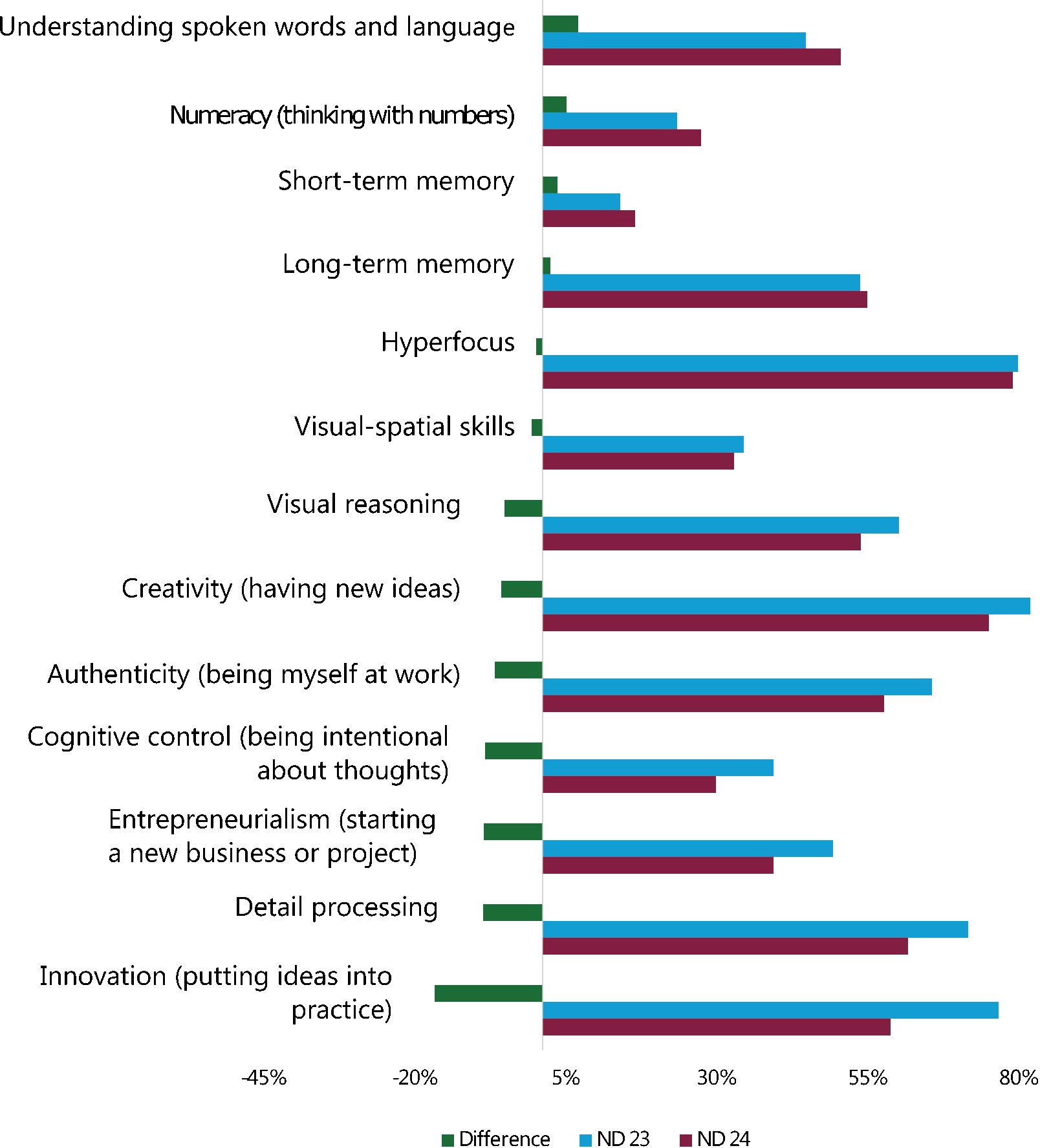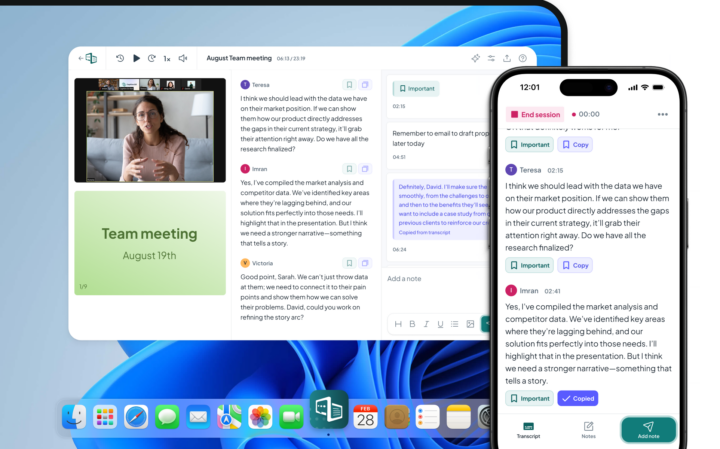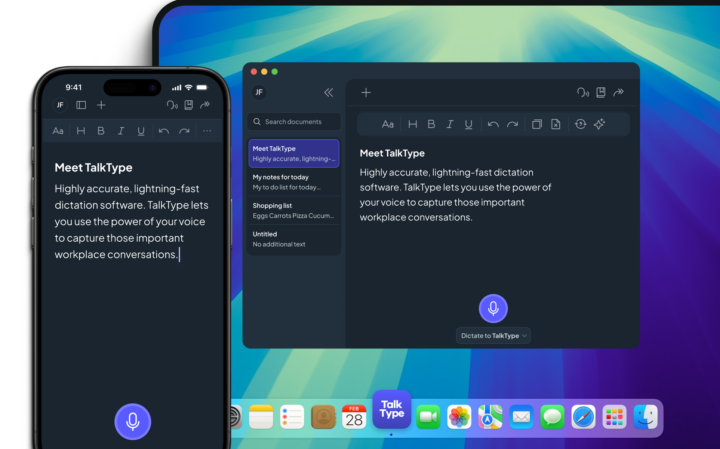Disclosing Autism at Work
Disclosing autism at work takes careful consideration. Across the globe, unemployment rates remain high for people with autism. Plus, most workplaces don’t yet offer staff the levels of support they need to thrive.
Workplace adjustments may be easier for the majority of workplaces to offer. And, while stigmas and lack of understanding persist, most people with high-functioning autism in the workplace can manage well. With hybrid, remote, and flexible working arrangements becoming the norm, people with autism are better able to create the types of bespoke work environments they need than before. Adjustments may include lower levels of lighting and noise. But also little-to-no distractions or unnecessary social interactions that can impede their performance.
Like any neurodivergence, though, disclosure is not mandatory. Individuals with autism may feel more comfortable not sharing their diagnosis or suspected diagnosis with their employers. Those who do choose to disclose may prefer to speak with HR, or their line manager, depending on their comfort levels. Anyone in need of specific support or accommodations for their autism should disclose it to their employers. Doing so will ensure they can access the most appropriate tools to carry out their work.







